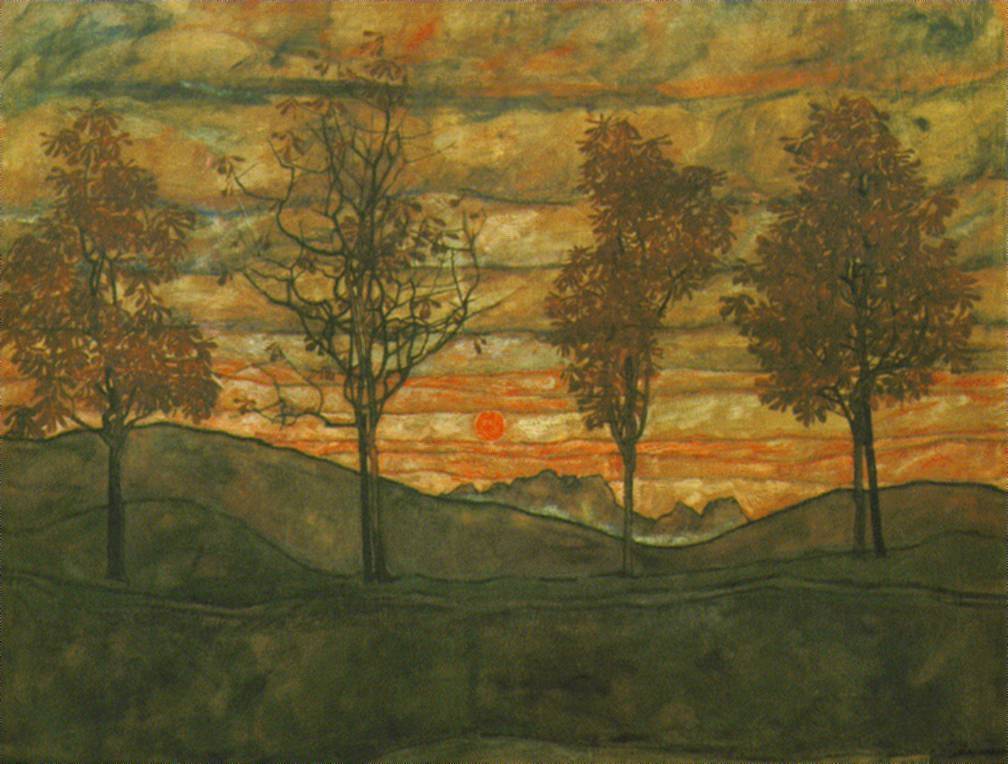 Contemporary
Contemporary What are theologians saying about God’s creating activities in light of modern scientific discoveries and theories?
While theologians have proposed different models of how God acts in an evolving world, they agree that God is best understood as interacting with the world rather than intervening in it—a God intimately present in the world (as Scripture also reveals) rather than a God “out there.” According to Anglican priest and biologist Arthur Peacocke, God acts as Creator “in, with and under” the natural processes of chance and natural selection. Theologian Elizabeth Johnson writes that God uses random genetic mutations to ensure variety, resilience, novelty and freedom in the world. At the same time, the universe operates by certain natural laws or “secondary causes” by which God, the Primary Cause, ensures regularity and reliability in nature. Physicist and theologian Howard Van Till writes that God has creatively and generously given the creation all of the powers and capacities “in the beginning” that enable it to organize and transform itself into the variety of atoms, molecules, chemical elements, galaxies, stars, and planets in the universe, and species of living things on this earth.
In this evolving universe, God does not dictate the outcome of nature’s activities, but allows the world to become what it is able to become in all of its diversity: one could say that God has a purpose rather than a fixed plan, a goal rather than a blueprint. As the nineteenth-century Anglican minister Charles Kingsley put it, God has made a world that is able to make itself. John Polkinghorne states that God has given the world a free process, just as God has given human beings free choice. Divine Love (1 John 4:8) frees the universe and life to develop as they are able to by using all of their divinely given powers and capacities. The universe, as Augustine of Hippo said in the fourth century, is “God’s love song.” Because God’s Love is poured out within the creation, theologian Denis Edwards asserts that “the Trinitarian God is present to every creature in its being and becoming.” These are but some of the concepts that contemporary theologians are offering to account for God’s relationship to an evolving creation.
Proverbs 8:22-34
22 "The LORD brought me forth as the first of his works,
before his deeds of old;
23 I was appointed from eternity,
from the beginning, before the world began.
24 When there were no oceans, I was given birth,
when there were no springs abounding with water;
25 before the mountains were settled in place,
before the hills, I was given birth,
26 before he made the earth or its fields
or any of the dust of the world.
27 I was there when he set the heavens in place,
when he marked out the horizon on the face of the deep,
28 when he established the clouds above
and fixed securely the fountains of the deep,
29 when he gave the sea its boundary
so the waters would not overstep his command,
and when he marked out the foundations of the earth.
30 Then I was the craftsman at his side.
I was filled with delight day after day,
rejoicing always in his presence,
31 rejoicing in his whole world
and delighting in mankind.
32 "Now then, my sons, listen to me;
blessed are those who keep my ways.
33 Listen to my instruction and be wise;
do not ignore it.
34 Blessed is the man who listens to me,
watching daily at my doors,
waiting at my doorway.
Psalm 119:1-16 or 1-8 Page 763, BCP
Aleph: Beati immaculati
- 1
- Happy are they whose way is blameless, *
who walk in the law of the LORD! - 2
- Happy are they who observe his decrees *
and seek him with all their hearts! - 3
- Who never do any wrong, *
but always walk in his ways. - 4
- You laid down your commandments, *
that we should fully keep them. - 5
- Oh, that my ways were made so direct *
that I might keep your statutes! - 6
- Then I should not be put to shame, *
when I regard all your commandments. - 7
- I will thank you with an unfeigned heart, *
when I have learned your righteous judgments. - 8
- I will keep your statutes; *
do not utterly forsake me.
The Gospel is Mark 12:28-34



